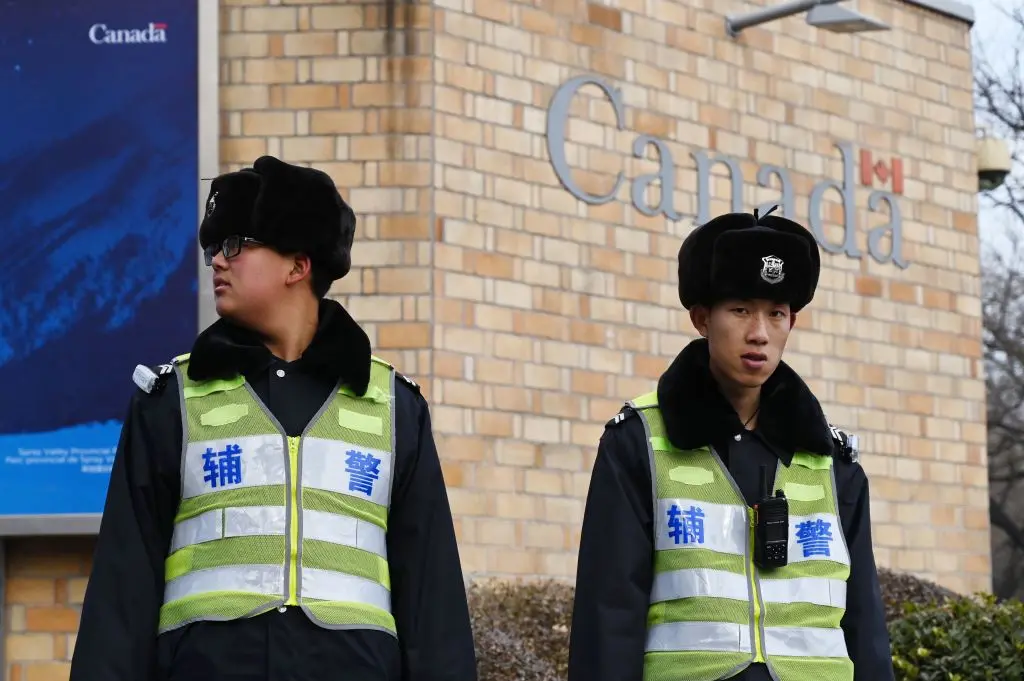The Chinese regime’s strategy of using members of the diaspora who are under its control to run for political office is more advanced in Canada than other countries, says Australian scholar Clive Hamilton, whose new book chronicles how Beijing uses elites in target countries to extend its influence abroad.
“The Chinese Communist Party always goes where power lies,” Hamilton, a professor of public ethics at Charles Sturt University in Canberra, told The Epoch Times in an interview.





